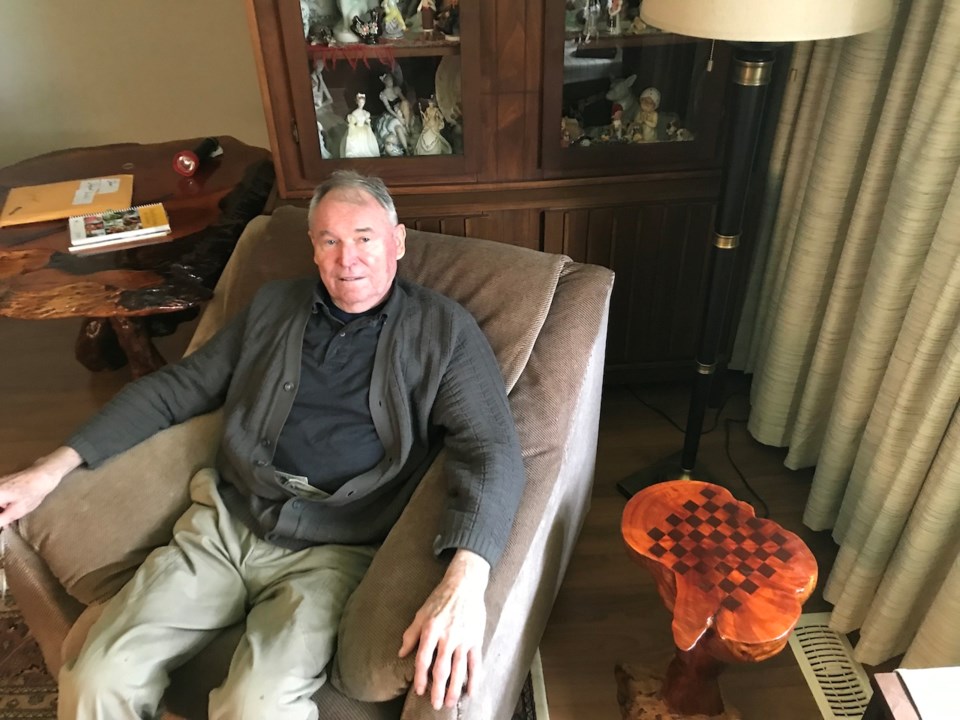Charlie Deminger's tidy home in the Garibaldi Estates is full of all things wood: wood-panelled walls, floors, picture frames, clocks, shelves, and tables — most of which he handcrafted. Even the salt and pepper shakers atop the spruce kitchen table are handmade from cedar.
The dominance of wood makes perfect sense given the man's life in forestry.
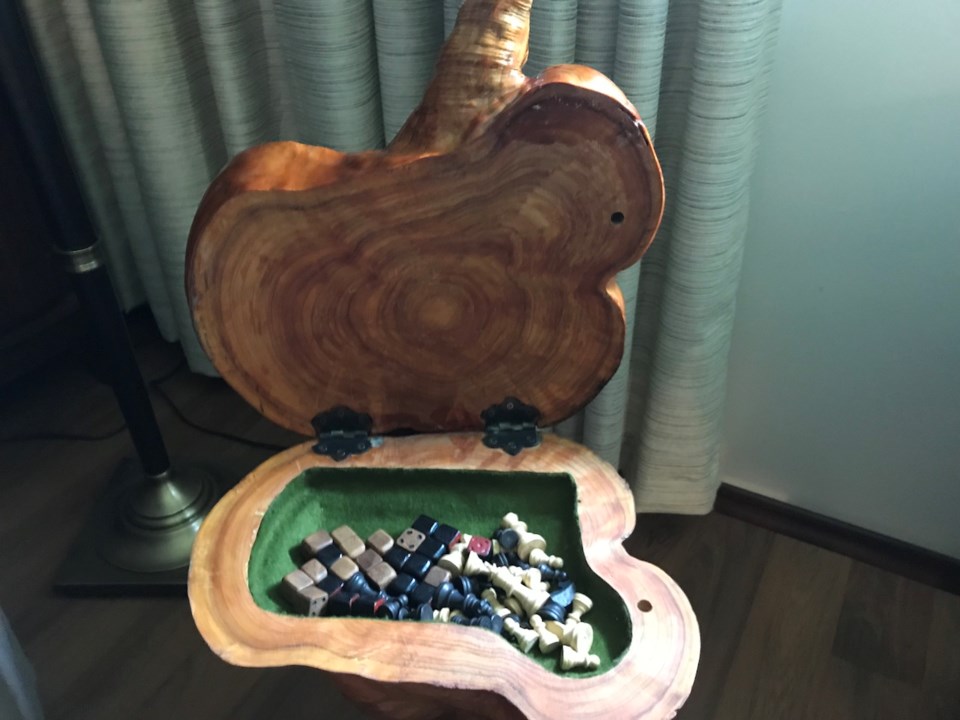
There's even a trail in the Squamish Valley named after him — the Deminger Interpretive Trail, which was to honour his retirement from forestry in 1995.
The story of how Deminger ended up in the forests of Squamish is a somewhat harrowing, in more ways than one.
He escaped Hungary during the 1956 revolution.
During that time, 35,700 Hungarian refugees came to Canada, including then 21-year-old Deminger and about 200 other forestry students and faculty from the university in Sopron. They ultimately ended up at UBC.
The Chief sat down with Deminger in his living room to talk about his life's journey and his thoughts on Squamish, his home since 1969.
What follows is an edited version of that conversation.
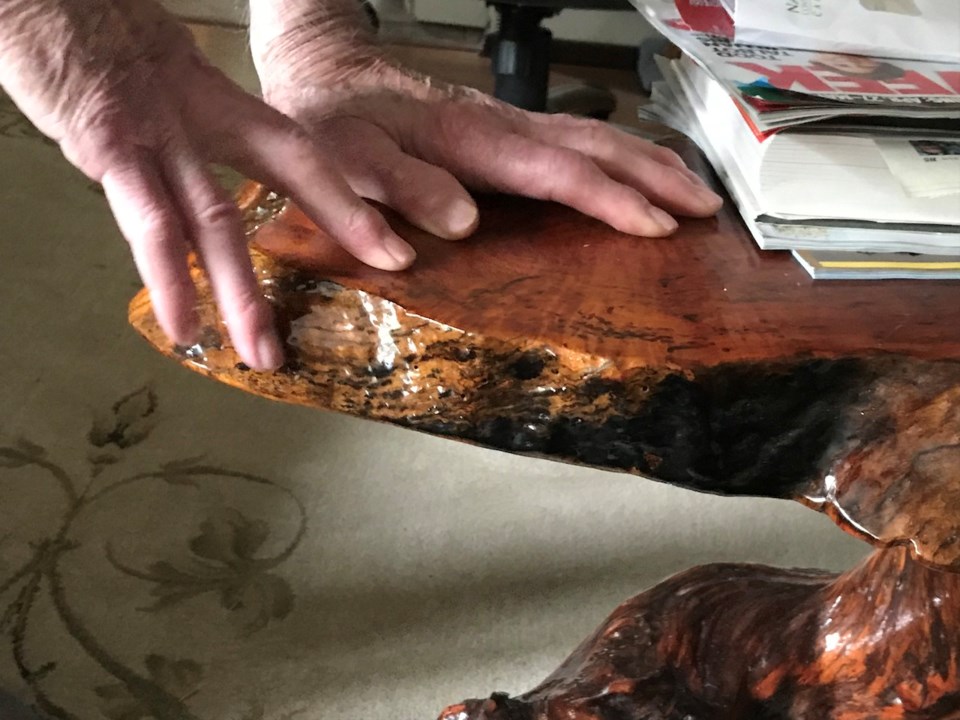
Q: Can you tell me about how you ended up in Canada after fleeing Hungary?
A: We fled first to Austria and then applied to different countries to see if one could take us as a group. The best offer came from Canada.
We arrived at Saint John on Jan. 8, 1957 aboard the Empress of Britain after eight days at sea. It was a luxury boat, very nice, except most of the people got sick. It was very wavy. The food was very good, but we couldn't eat much, just fruit and light things to survive. To say we were sick is an understatement.
They had arranged for the CPR train to take us from back east to B.C., but the rail workers were on strike! So, we were stuck for a bit, but at least we were on land. Eventually, the strike ended and we went by train for eight days to Abbotsford.
Q: What was your impression of Canada in those first days?
A: Hellish cold back east.
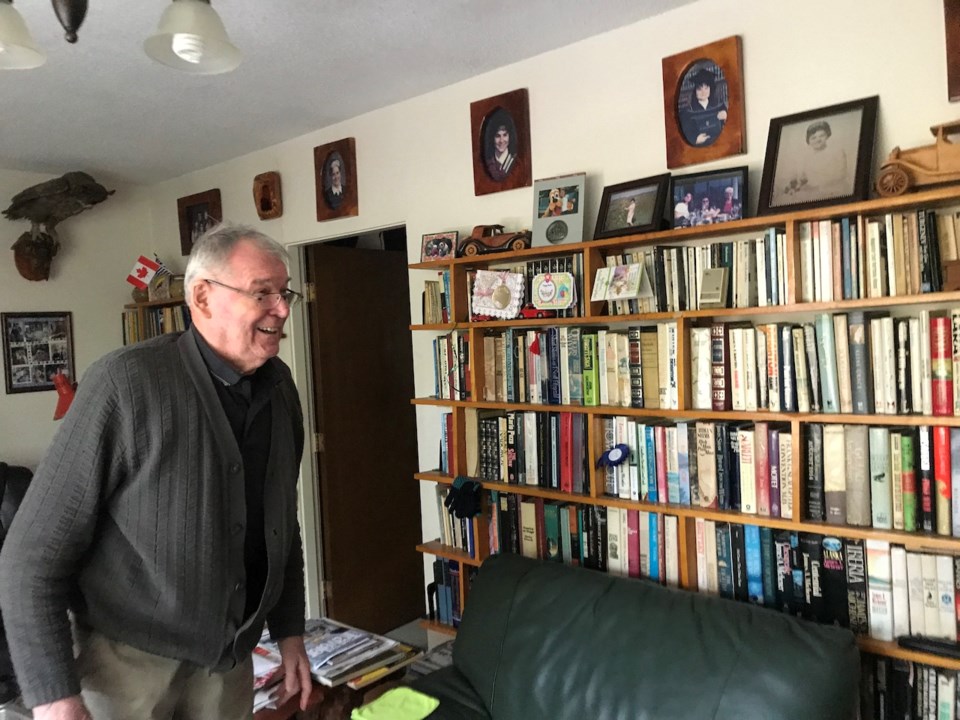
Q: And then you were sent out to work in forestry?
A: Yes, they sent us to Powell River to work f[or the Powell River Paper Company.] They taught us English there. In the spring, there were jobs. I got in as a chockerman.
Eventually, UBC took us to finish our degrees. I graduated and got married — she's a Hungarian too, from Vancouver — and got a forestry job up in Franklin River. We stayed there for three years, living in a company house.
Then they transferred me to Port Hardy in the logging division. My wife Kathy didn't like it there. I didn't mind it, but she didn't like it. Three years later or so, I got the job in Squamish with Weldwood. I was hired as the divisional engineer forester. I was the engineer in charge of special projects.
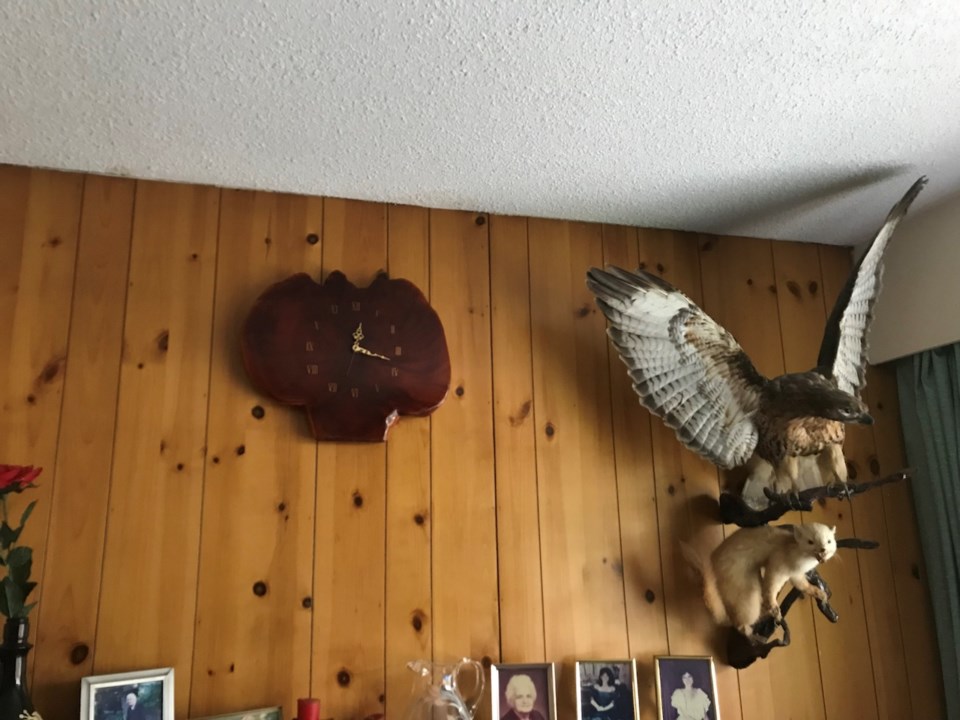
Q: What was that like, coming here?
A: Those years, there were quite harsh winters. When we moved up, the moving truck arrived and the snow was waist-high. They had to shovel it to get the furniture in.
When we drove up here the first time, at Hospital Hill where the hill comes down, this truck was coming. It was loaded with oxygen bottles and the other bottles were loaded with acetylene. One of the bottles flew down onto the road — it was slippery on the road and it was coming down toward us. Luckily, there was no one behind us or behind the truck so the bottle came down, but I managed to go further enough to the side and it went by me.
When we moved here, Squamish was quite small, but it was a booming town. We had lots of high paying jobs. We had the rail jobs, the pulp mill, the mine was still working, the chemical plant, and logging — and the sawmills.
Q: You have seen so much change since you arrived in 1969, what do you make of it all — especially the recent development?
A: I don't like it because we lost most of the good paying job. I guess some are still around for computer specialists, but good jobs are few and far between.
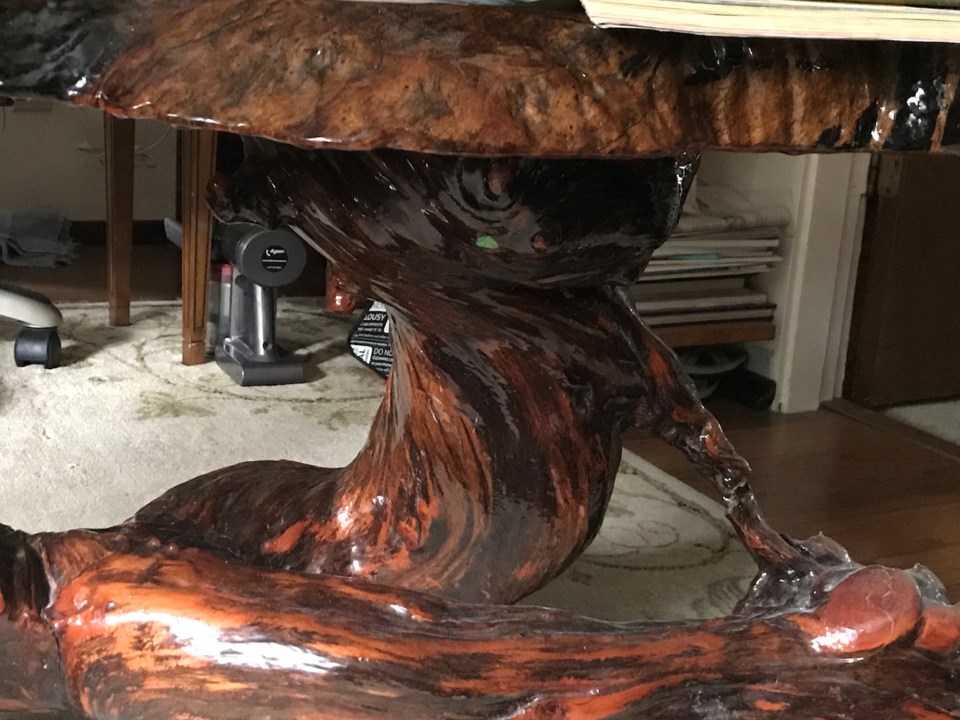
Q: You still see some of the other students from Hungary and you and Kathy raised three daughters here in Squamish. So, no regrets?
A: No, no. We had a good life.
~With files from Mormei Zanke's The Sopron Story: Looking back 60 years later.
**Please note this story has been corrected to fix a typo. The name of the Squamish forest company was Weldwood, not Wellwood.
